Recovery is only possible with a ‘stronger and more resilient democracy’
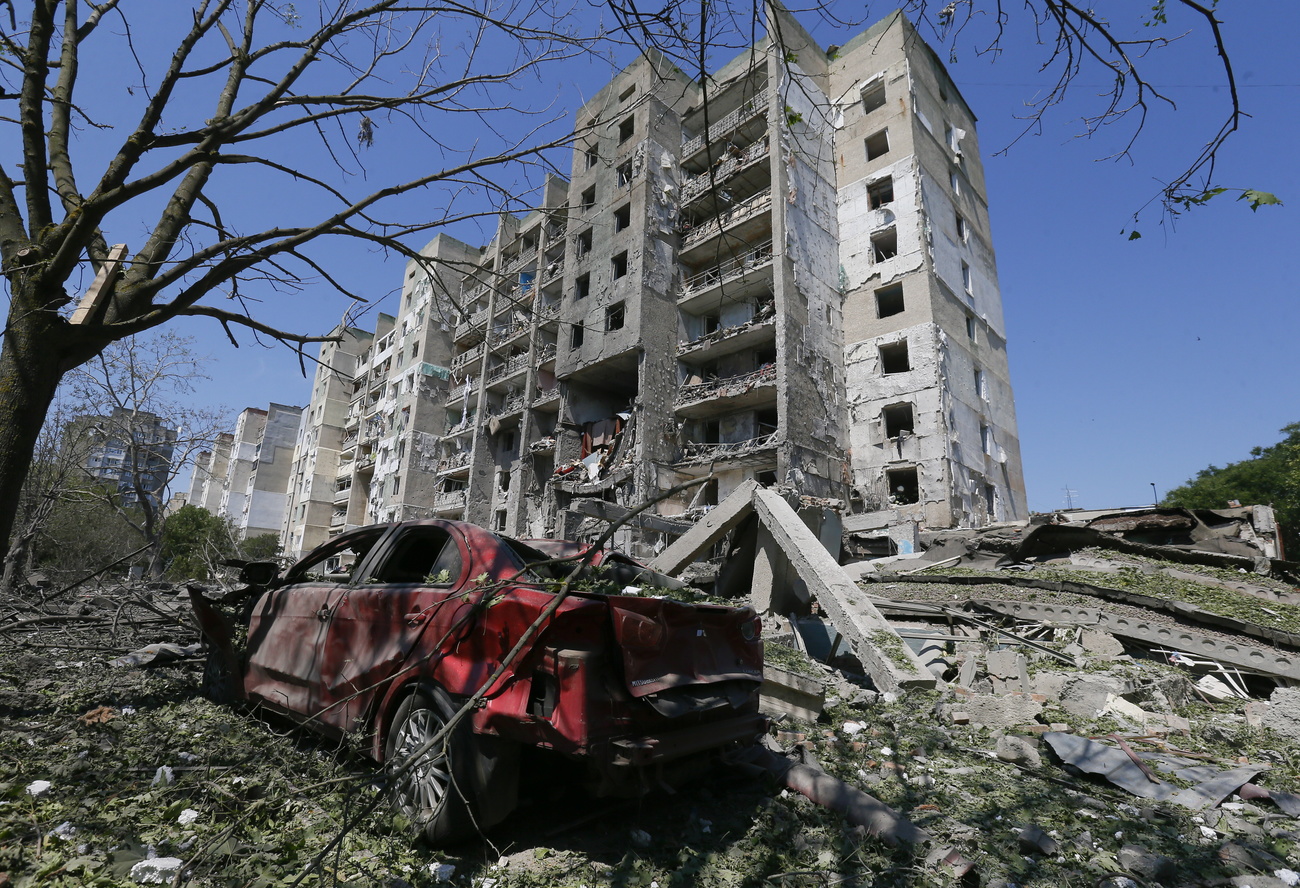
At the Ukraine Recovery Conference in Lugano, Council of Europe Secretary General Marija Pejčinović Burić announced better instruments to monitor and assist democratic standards and asked member states to do their homework, including Switzerland. SWI swissinfo.ch talked to her on the sidelines of the summit.
The Council of Europe, the continent’s foremost human rights body, is based in Strasbourg. It is composed of 46 European countries and was set up after the Second World War to promote democracy and protect human rights and the rule of law in Europe. Russia joined the council in 1996. It was formally excluded on March 16 following its invasion of Ukraine.
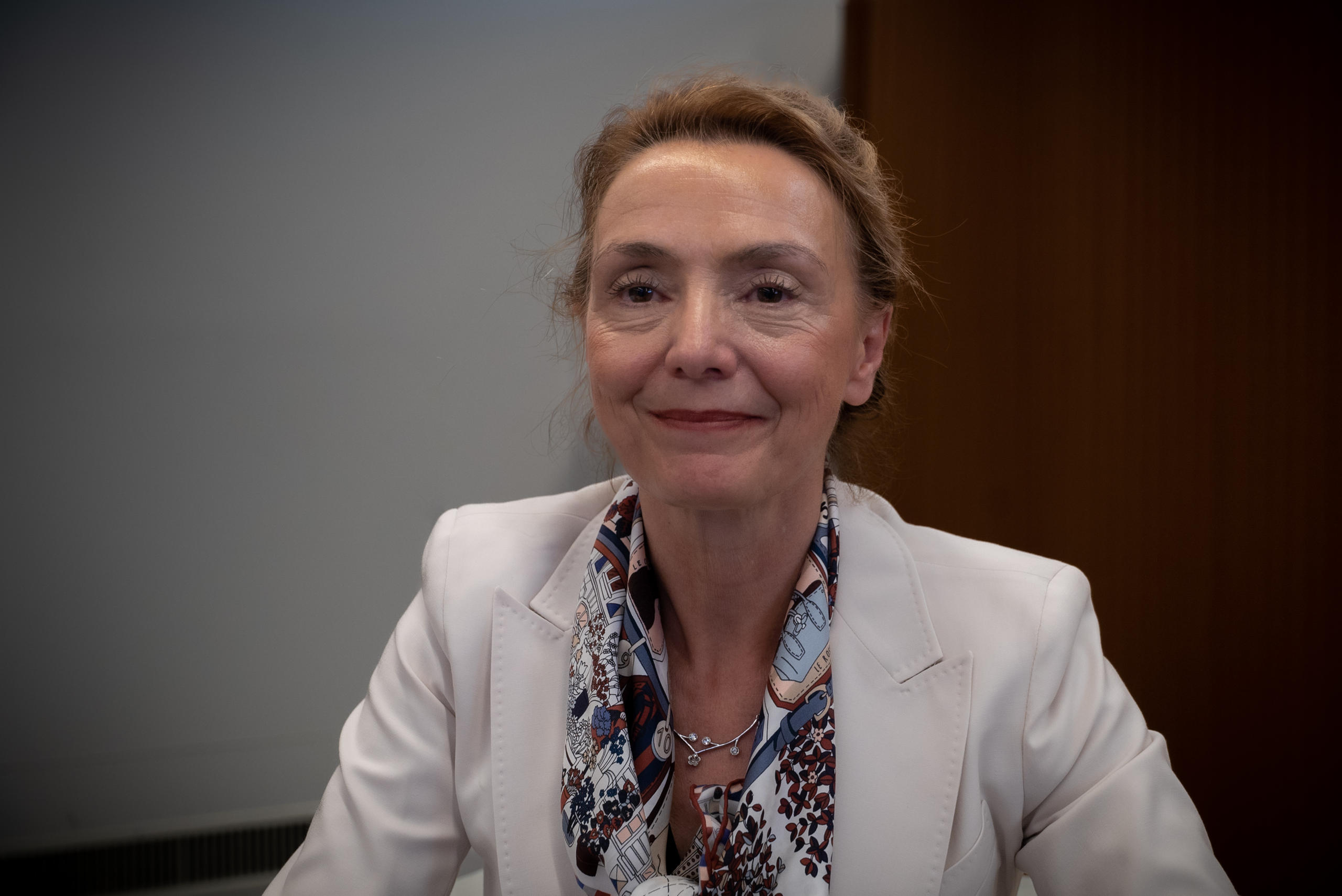
SWI swissinfo.ch: Since February 24, two members of the Council of Europe – one of them now a former member – have been at war. How is it possible that a member state of the most important international organisation for democracy and human rights can attack another?
Marija Pejčinović Burić: The statutes of the Council of Europe oblige all member states to follow rules for peace and unity. We have developed over 200 legal instruments to safeguard this. Consequently, we had to immediately expel the Russian Federation when they launched their unprovoked aggression on another member state, Ukraine. This was unfortunately the only option available for us to preserve our values. This is the first time since the establishment of the Council of Europe [in 1949] that a member state has been thrown out.
SWI: Russia was a member of the Council of Europe for over twenty-five years. Is it not a failure of the organisation that this war could not be avoided?
M.P.B.: I would not call it a failure of the Council of Europe. It is a failure for the former member state to depart from the values and standards it subscribed to when joining the organisation. But you are right. This horrible war raises many questions for us: How could we have avoided such a conflict? What are the lessons for us? I think we need a much stronger early-warning mechanism for situations in countries where democracy is backsliding. In the future we need to act much earlier as soon as we see that the European Convention on Human Rights and other standards are ignored by a member state.
SWI: How could that work?
M.P.B.: The Council of Europe has three methods. First, we have developed and designed common standards for democracy and human rights for all involved. Second, we monitor how these standards are upheld. And third, we assist member states to meet their commitments. Russia’s war against Ukraine taught us that there is room for improvement in our monitoring and assisting. This includes helping civil society groups that are outside the Council in places like Belarus or Russia, for example.
SWI: Here in Lugano over 50 countries and international organisations have been discussing measures to help Ukraine with its recovery. What is needed for the conference to be a success?
M.P.B.: There will only be an effective recovery if Ukraine fully develops its democracy. And this is closely connected with the resilience of democracy and human rights across Europe. A sustainable peace in Ukraine and Europe is only possible if democracy is strengthened. This is where the Council of Europe comes in with its standards for the rule of law, protection of human rights and democratic participation by citizens.
SWI: Switzerland is the host country of the Lugano conference. How can the Alpine country help make democracy more resilient in Europe?
M.P.B: Switzerland is one of our member states that is at the forefront of making the Council of Europe stronger. In many of our projects, experts and representatives from Switzerland are already doing a good job. But Switzerland must also ask itself how a situation like the one we are in – a member state attacking another and departing from our common standards – can be avoided in the future. One important part of the answer is to fully implement these democratic standards at home.
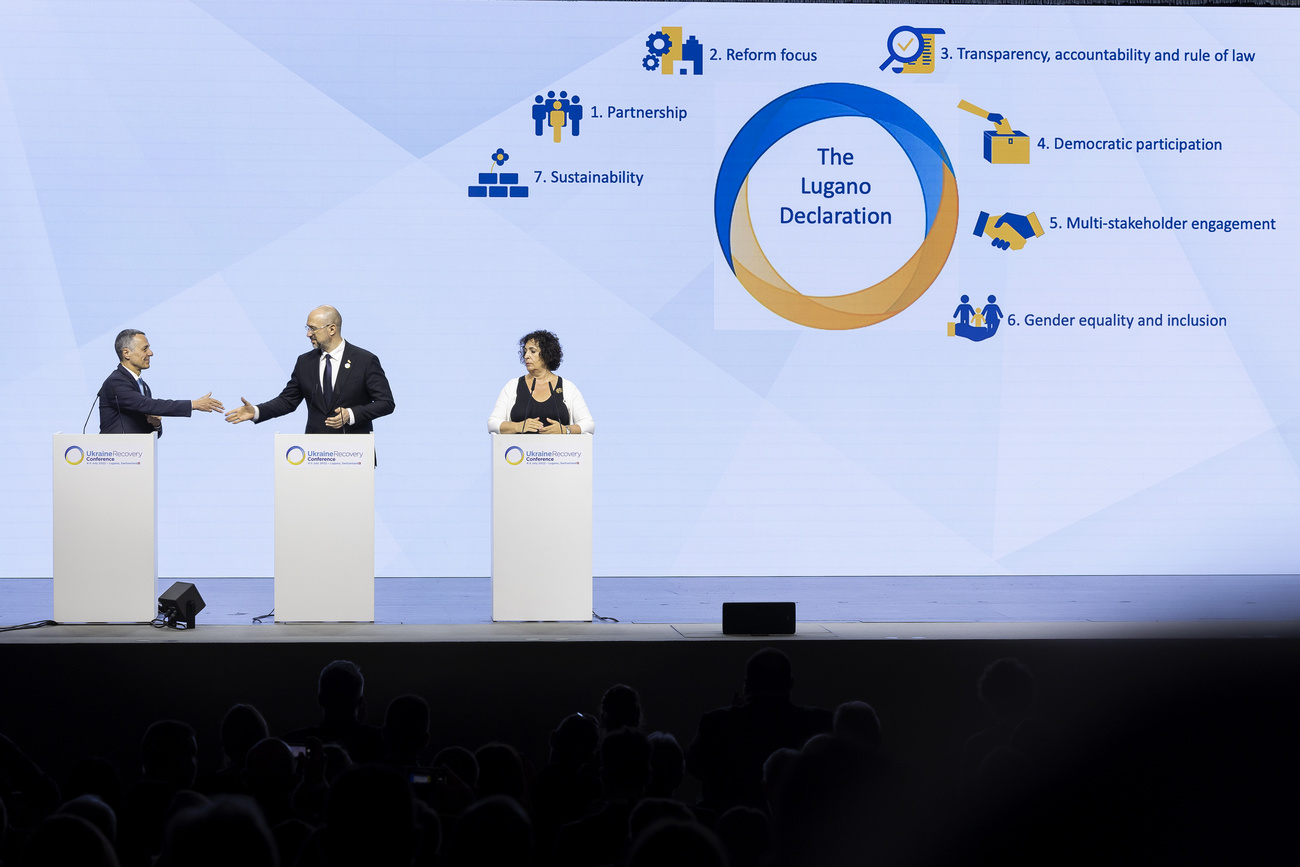
More
Swiss conference sets principles for Ukraine reconstruction
SWI: Has Switzerland done its homework?
M.P.B.: According to our monitoring, Switzerland is among the member states that are most in compliance with our standards. However, we do see problems when it comes to following anti-corruption standards, especially in the field of financing political parties. Also we see room for improvement concerning the judiciary system: for judges to be independent of political parties, for example.
SWI: In the years ahead, could the Russian Federation return to the family of European democracies?
M.P.B: Our statutes are clear. All European states can become a member of our organisation – this includes Russia. And there is always a way back in. We were established after the Second World War to create a continent of peace and stability. But to come back Russia must reform and become fully democratic. And I am sure that many people in Russia would welcome such a development. That is the reason why we will now start to work more closely with the civil society in Russia as we already do with citizen organisations in Belarus, a country which is not member of the council, as it never fulfilled one of our key requirements – the abolishment of capital punishment.

More
Will Russia ever experience democracy?

In compliance with the JTI standards
More: SWI swissinfo.ch certified by the Journalism Trust Initiative








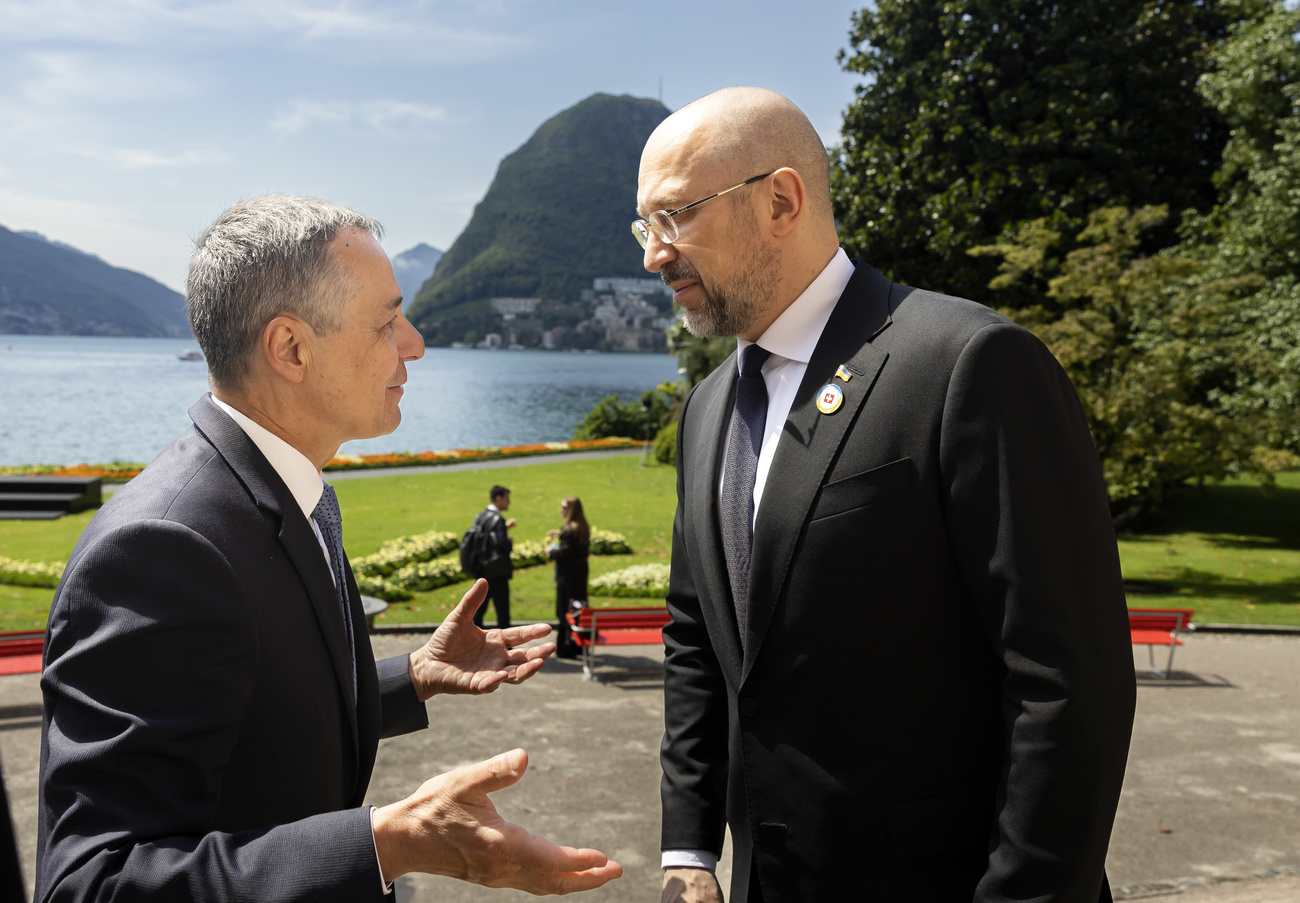
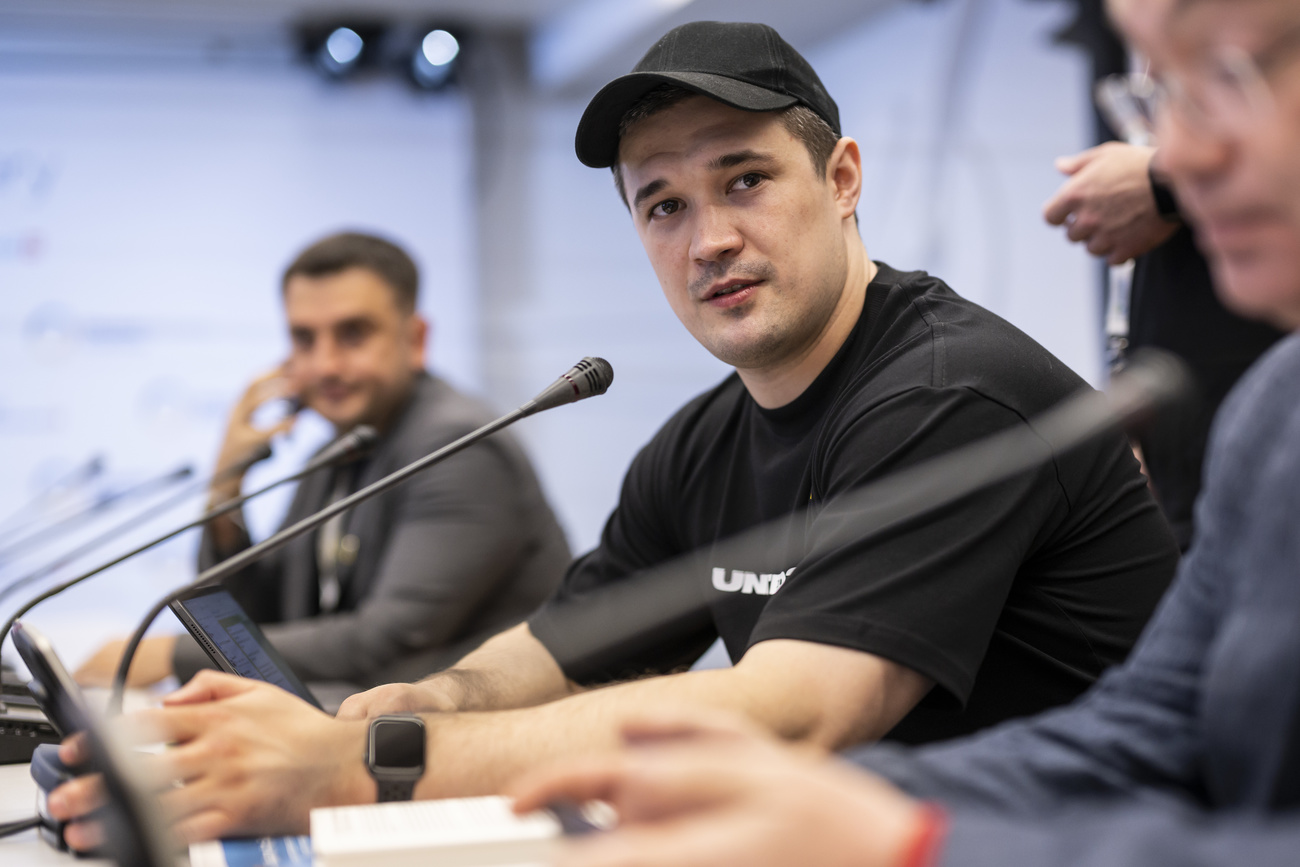
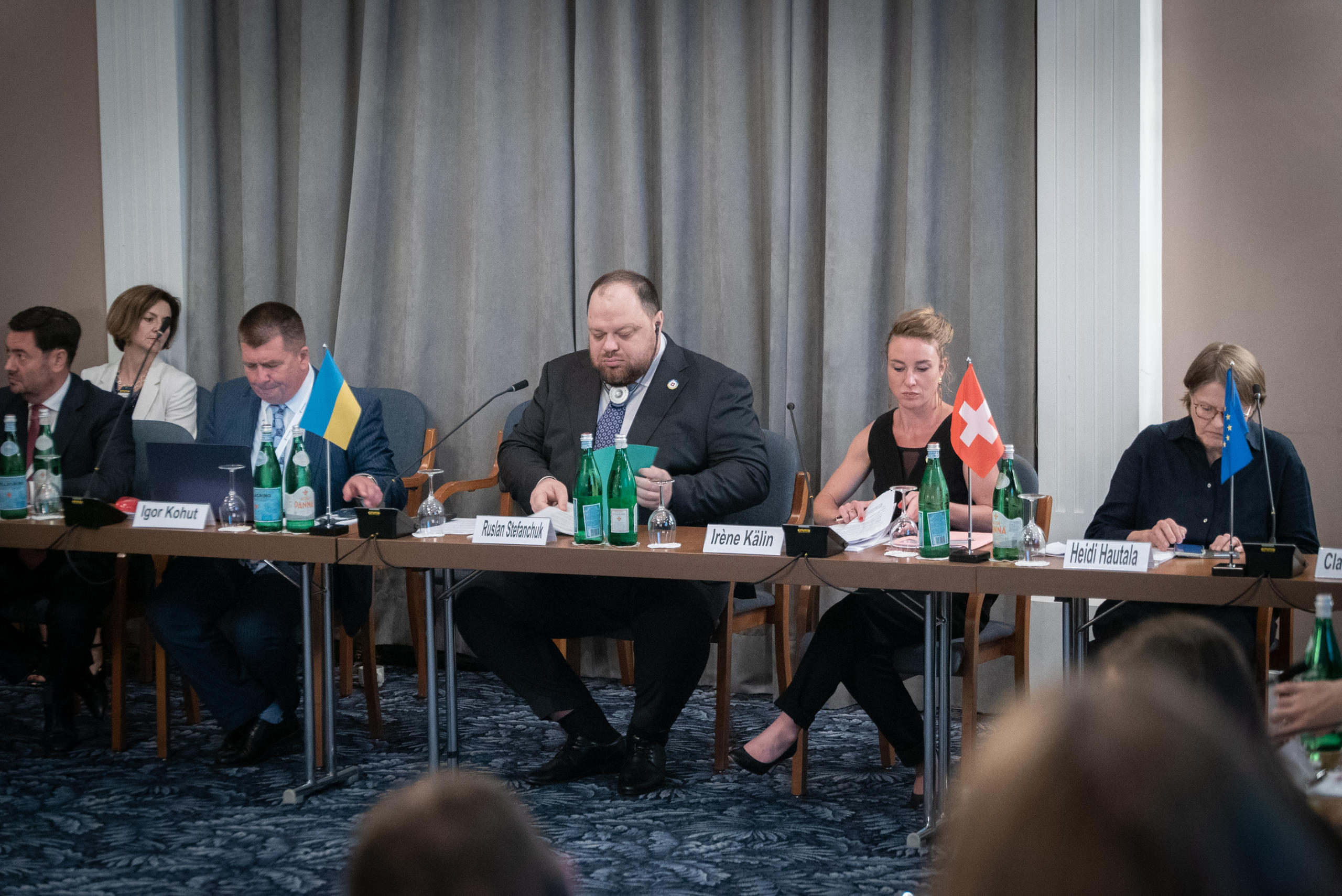
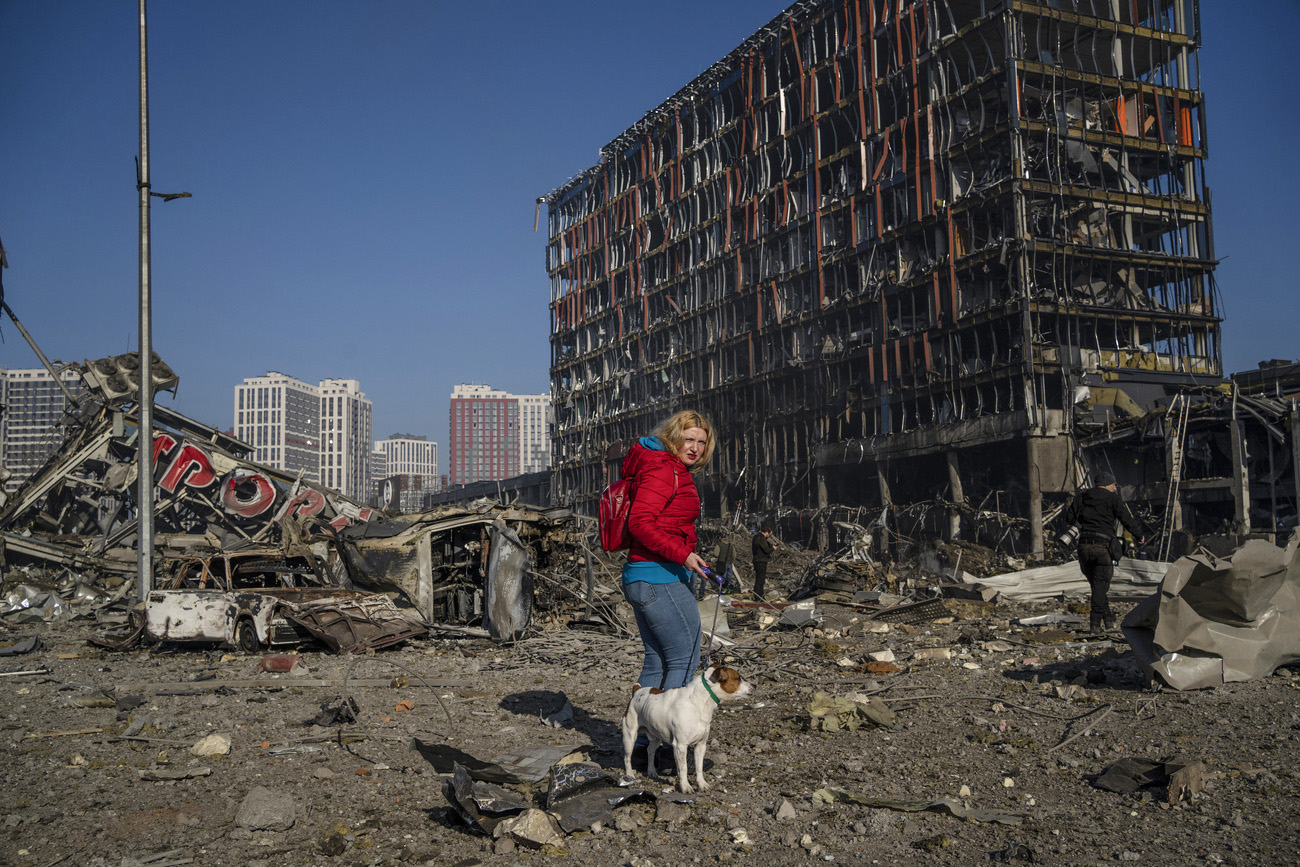
You can find an overview of ongoing debates with our journalists here . Please join us!
If you want to start a conversation about a topic raised in this article or want to report factual errors, email us at english@swissinfo.ch.